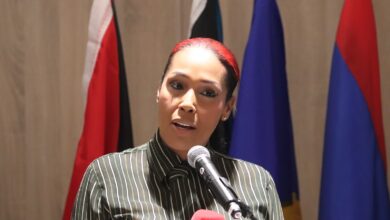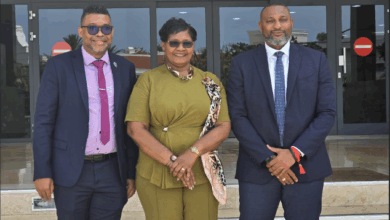(CARICOM Secretariat, Turkeyen, Greater Georgetown, Guyana) Trinidad and Tobago has considerable expertise and experience in the energy sector, both private and public, and must therefore play a leadership role in the development and implementation of a regional energy policy.
This is the view of Mr. Thackwray Driver, Chief Executive Officer of the South Trinidad Chamber of Industry and Commerce, presented to Caribbean Connect, a three-day, high level Symposium on the CARICOM Single Market and Economy (CSME), 28-30 June 2006, taking place at the Sherbourne Conference Centre in Barbados.
Mr. Driver sees many advantages in a Common Caribbean Energy Policy. Among these are, an increase in Caribbean ownership of the energy sector; the opportunity to maintain a supply of energy at competitive and predictable prices; the growth of an energy services sector to outlast the depletion of hydrocarbons; and development of alternative renewable resources leading to conservation of the environment.
In his presentation, Mr. Driver advances some key principles, including:
- Energy policy is central to the economic and social development of the Region;
- Caribbean energy resources must be utilized for the social and economic benefit of the people of the Region;
- CARICOM must adhere to the practice of negotiating trade, economic cooperation and related agreements with external parties, as a Region;
- A regional trade agenda including energy issues must be agreed and pursued with respect to agreements with Venezuela and the United States in particular; and,
- Caribbean energy policy must be driven by the realities of global, regional and market forces.
As regards the environment, Mr. Driver proposes a switch to gas-fired power stations, a regional approach to environmental issues and disaster preparedness, spills etc., and easy access to a regional fund to encourage energy efficiency.





